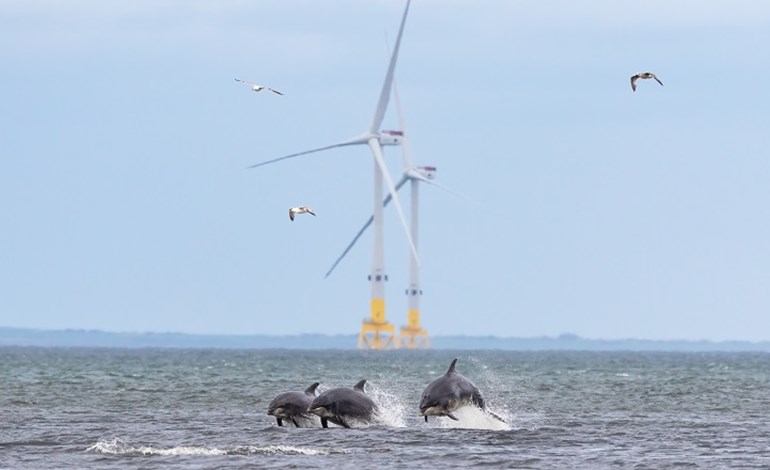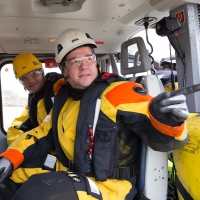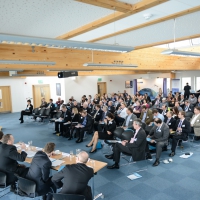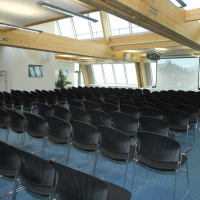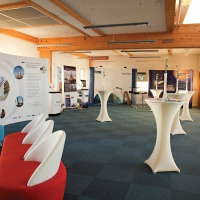A new report from Offshore Renewable Energy (ORE) Catapult details how faster and more accurate data collection can reduce consenting times for offshore wind farms by as much as 40%.
The ORE Catapult report, Accelerating Offshore Wind: The Role of Innovation in Decision-Making and Faster Consenting, outlines how robotics, AI and smart technology can lead to improved data gathering and more efficient environmental impact monitoring.
It could reduce the average timeline for consent from five to three years.
Examples include using computer vision with AI technology to accurately identify, track and monitor bird behaviour, to the use of autonomous underwater vehicles for passive acoustic monitoring of marine mammals.
The UK Government target to deploy 50GW of installed offshore wind energy by 2030 is heralding a rapid surge in wind farm installation, but this also requires a greater understanding of the marine environment.
ORE Catapult environmental specialist and author of the report Caroline Whalley said: “We are already seeing how the use of new technology is helping to increase our knowledge of environmental interactions across the offshore wind sector.
“Through enhanced and more efficient data gathering, these technologies have the capacity to create greater certainty around the potential environmental effects of offshore wind, thereby reducing risk and streamlining decision-making during the consenting process.”
Recommendations in the report include demonstrating how the capability, speed, and accuracy of innovative technologies can create a step change in the way marine ecological data is gathered and processed.
It would also like to see collaboration across industry, statutory bodies and policymakers to ensure new technologies can be confidently incorporated into environmental impact assessments and future monitoring plans, and on data acquisition projects in future development areas.
Source: renews.biz